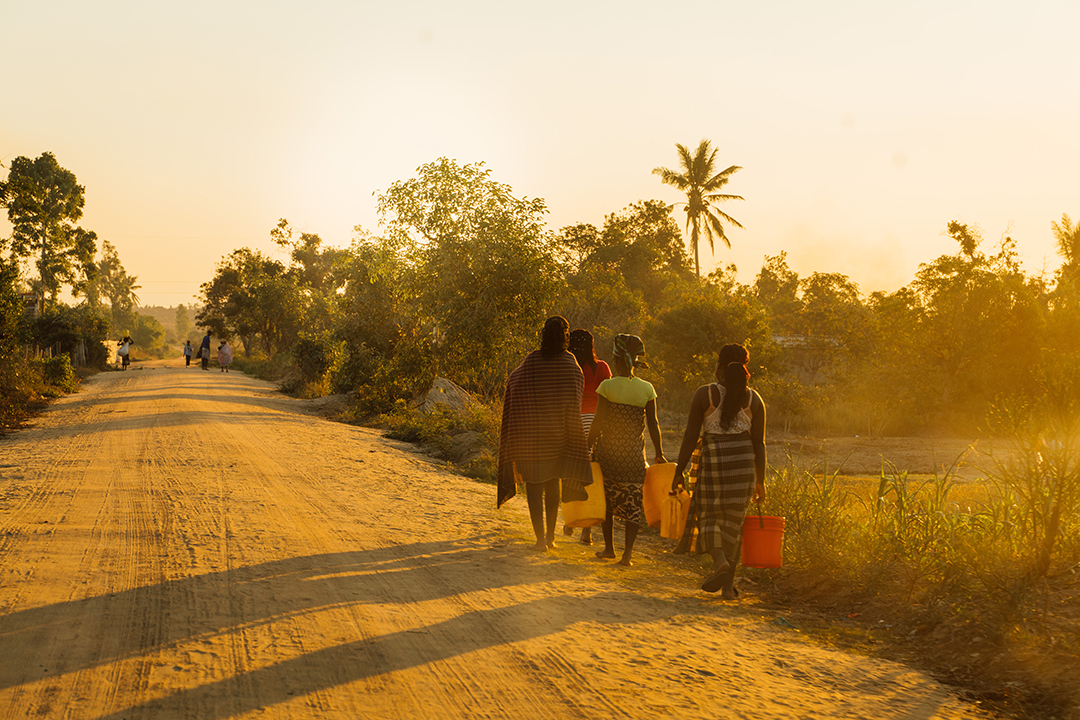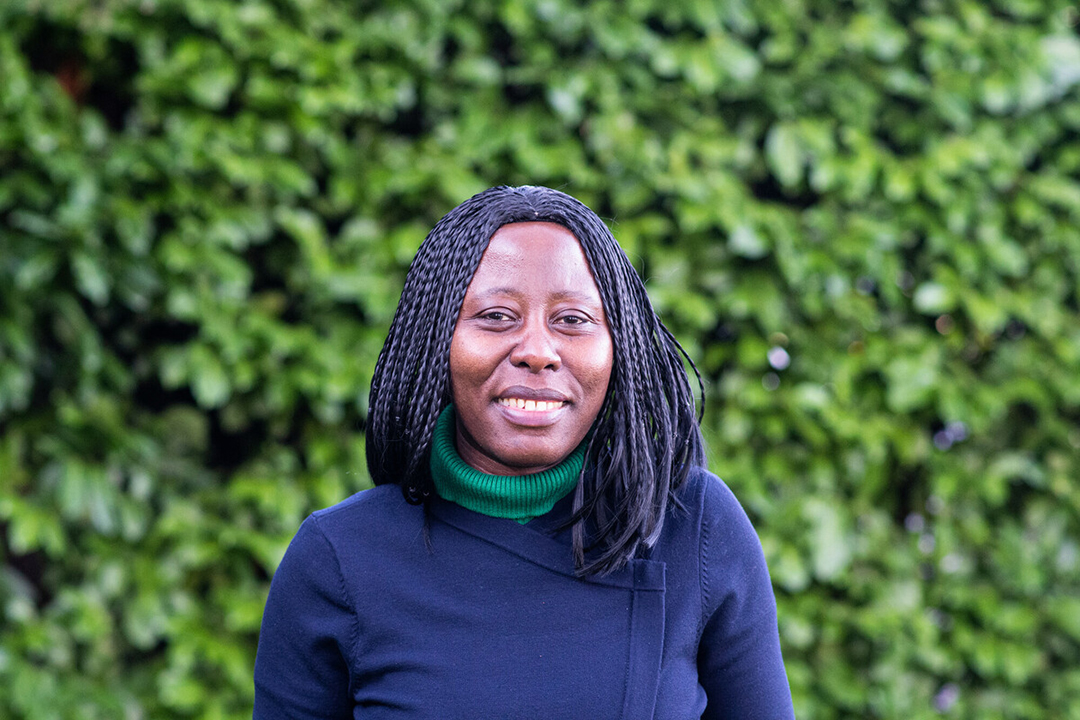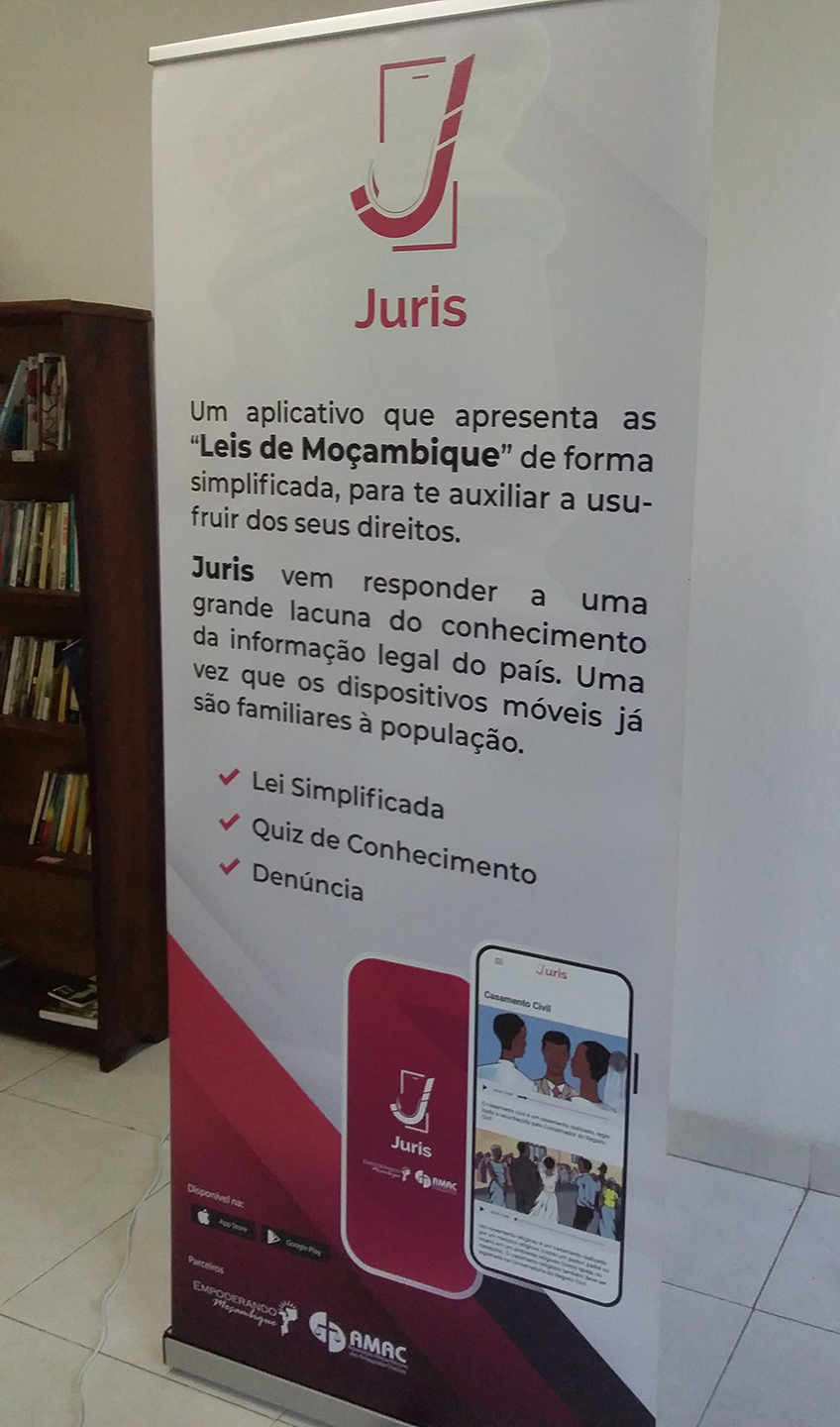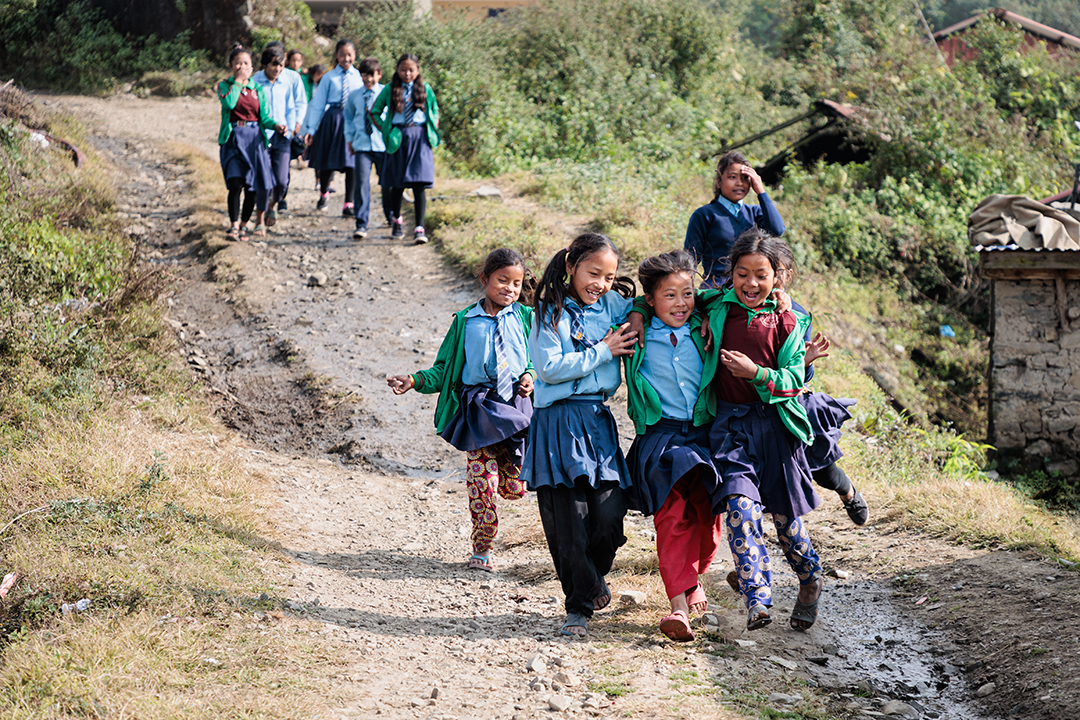Osinachi’s cry
Osinachi's cry
Friday 25 November begins the annual 16 Days of Activism campaign, now in its 31st year, to end violence against women and girls. As the Gender Justice Co-ordinator at BMS World Mission, these are 16 days I cannot ignore.
Through my role, I work with our partners across the continents to combat the scourge of gender-based violence. It is work that this year has been haunted by song lyrics, sung in northern Nigeria’s Igbo dialect. It is a resounding battle song – a war cry, an outcry calling for the world’s attention – ”Can you hear my voice this time?”
Ala di Mara nma, obu ebe di anya (There is a beautiful home far, far away)
Ebe ndi-nso bi ona enwu ka ihe (Where the saints are living it is like a shining light)
The voice behind this popular song of ‘The Cry’ is Osinachi Nwachukwu, a 42-year-old Nigerian gospel singer and a mother of four children. Her story was reported on BBC news in April. Osinachi had been in an abusive marriage for years and was allegedly beaten to death on April 8 2022 by her husband, Peter Nwachukwu.

In the wake of Osinachi’s death, her family members and colleagues accused Nwachukwu of domestic violence, and it came to light that pastors and members of Osinachi’s church knew about the situation but did not speak out Osinachi’s mother revealed that her daughter had left her marriage for over a year but returned when her husband came with pastors to beg her to come back. She advised her daughter to leave her husband, but Osinachi insisted on returning to him, claiming that the Bible doesn’t allow divorce.
The news of Osinachi’s murder jolted me out of any sense of complacency regarding gender-based violence. Before I joined BMS, I worked as a lawyer for one of BMS’ partners, the Uganda Christian Lawyers Fraternity (UCLF). Recently, my former colleagues told me about a case that they pursued all the way to the Ugandan High Court. Without their persistence and Christ-inspired determination, there is no way in a patriarchal society like Uganda the case would ordinarily have made it so far.

The victims, a young a girl called Alice and her friend Sifa, were poisoned, and strangled to death by Alice’s boyfriend. On a visit to his house, he served Alice and Sifa fizzy drinks and pork that contained rat poison. Once they were incapacitated, he strangled both Alice and Sifa to death.
Once the matter came to court, UCLF lawyers followed the trial to its conclusion, traced witnesses and provided the family with legal assistance in making statements and testifying. Counselling was also offered to family members of the deceased. Following evidence provided at trial by the witnesses, the accused was convicted of the murders of Alice and Sifa. As Christian lawyers, UCLF were able to play an important part in responding to the outcry following the violent murder of these two young women.
Before working for UCLF, I worked in a similar role in Mozambique with the Mozambican Association of Christian Lawyers (AMAC), another BMS partner with a strong history of tackling gender justice issues. In the last year alone, AMAC has handled 12 domestic violence cases and 500 beneficiaries in the community have received trainings on topics related to domestic violence, child marriages, Children’s rights and protection, land rights and marriage laws.
Education is such a powerful tool in the fight against gender-based violence and AMAC’s legal education officer António Chico Gouca Manuel has been a key figure behind a revolutionary new app used by hundreds of Mozambicans in the last 12 months. The app, called Juris, offers access to up-to-date information on subjects such as the legal age of marriage and marital rights and duties to a section of society long denied such knowledge.
I hear examples of this gender distortion in so many of my conversations with BMS partners, including recently with Dil Bahadur Karki, the head of KISC EQUIP in Nepal. He told me that, “parents invest more on the boys’ education than the girls’ because they think girls get married and go away… Parents even have the tendency to send their sons to private schools and daughters to public schools because they think private schools provide better education.”
Dil’s solution aims to improve girls’ attendance and long-term commitment to school by ensuring 60 per cent of their scholarships are awarded to girls. All the school’s activities are co-educational, a rarity in Nepal, and they seek to address the gender gap through education seminars for parents of all their children.

Sometimes, like in Nepal, awareness raising and awakening needs to be of the educational variety. Other times we need to be hit between the eyes. And that is exactly what Valérie Duval-Poujol did in 2018.
Valérie works with BMS’ partner the French Baptist Federation. Four years ago, she launched ‘Une Place pour Elle (A Place for Her)’, an activist movement built around symbolic acts. As Valérie explains, “the acts are so that we never forget these hundreds of murdered women and all the victims of psychological, physical and sexual violence… We cover a chair with red fabric to make visible the place that should have been occupied by this woman, this neighbour, this friend who is no longer there. Through this strong symbolic gesture, speech is freed; passers-by, of all generations, all those who see the ’place for them’ are made aware of this tragedy, encouraged to help the victims of this violence, the taboo is broken.”

As a Christian, I believe the right to life is God-given and no one has the right to take away a life. When the story revealing the circumstances around Osinachi’s death broke out, the public were shocked and queried how such a gifted and well-known singer could suffer domestic violence for so long without respite or redress. Sadly, Osinachi, Alice and Sifa join a catalogue of cases of women across Nigeria, Uganda, and the world, whose untimely death and injuries were because of domestic violence.
Osinachi, Alice, and Sifa’s blood and the blood of millions of women cry out demanding justice. The words of Psalm 10 come to mind:
“Why are you far away, Lord?
Why do you hide yourself
When I am in trouble?
Brutal people
Hunt down the poor
Strike and murder some innocent victim.
They say, “God can’t see!”
He’s got a blindfold on.”
“God won’t punish us!”
Do something, Lord God,
And use your powerful arm to help those in need.
But you see the trouble and the distress, and you will do something.
The poor can count on you and so can orphans.
Now break the arms of all merciless people
Punish them for doing wrong and make them stop.”
(Poverty and Justice Bible, CEV)
Together, we can change this. You are your sisters’ keeper. Will you come forward and stand with those who are in this fight and not allow the women who have been killed to be forgotten?
Rest in peace our sisters, a prayer and demand for justice and dignity for all.

Words by Annet Ttendo-Miller, Gender Justice Co-ordinator, BMS World Mission
